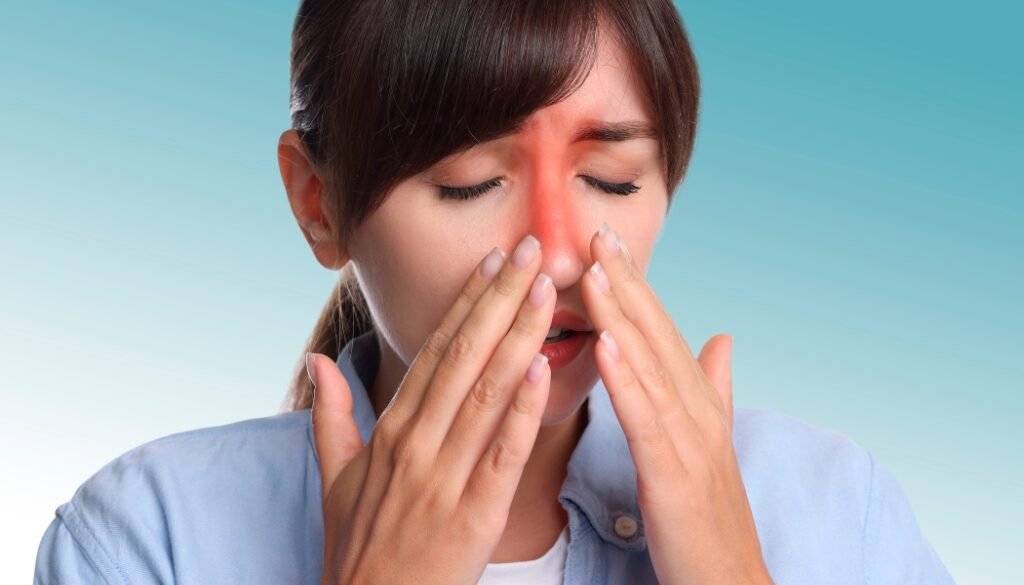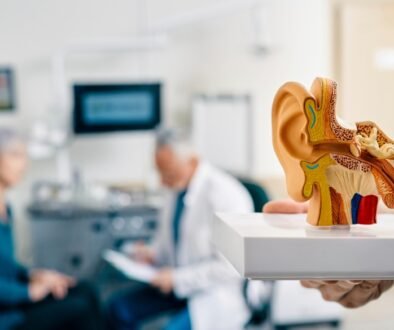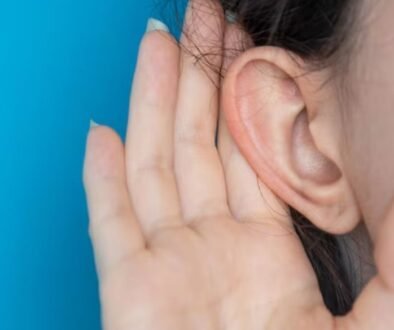How to Control Allergic Rhinitis Year-Round
Allergic rhinitis, sometimes known as hay fever, affects millions of people worldwide. It is more than just a runny nose or occasional sneezing; it’s a chronic condition that can significantly impact quality of life. Many individuals experience chronic allergic symptoms, including sneezing, nasal congestion, itchy eyes, and fatigue, which are often confused with those of seasonal colds. However, allergic rhinitis can occur any time of the year, especially in relation to dust, mould, or other indoor allergens.
For individuals who suffer regularly, seeking the proper allergic rhinitis treatment and adopting long-term strategies can make a big difference. At Lifeline Clinic Rolla, our specialists focus on both accurate diagnosis and comprehensive management plans, offering evidence-based rhinitis therapy to help patients breathe more easily and live healthier lives.
Understanding Allergic Rhinitis
When the immune system overreacts to usually innocuous substances, such as dust mites, mould, pollen, and pet dander, allergies to these substances can result in asthma triggered by mould and pollen. This excessive response releases histamines, which cause inflammation of the nasal passages. The result is chronic rhinitis symptoms such as:
- Continuous nasal congestion
- Frequent allergic sneezing
- Runny or itchy nose
- Postnasal drip and sore throat
- Headaches due to sinus pressure
- Itchy, watery eyes
In some cases, allergic rhinitis is accompanied by allergic rhinobronchitis, a condition where nasal allergies also irritate the bronchial tubes, causing coughing and wheezing. This overlap makes early and effective rhinitis treatment even more critical.
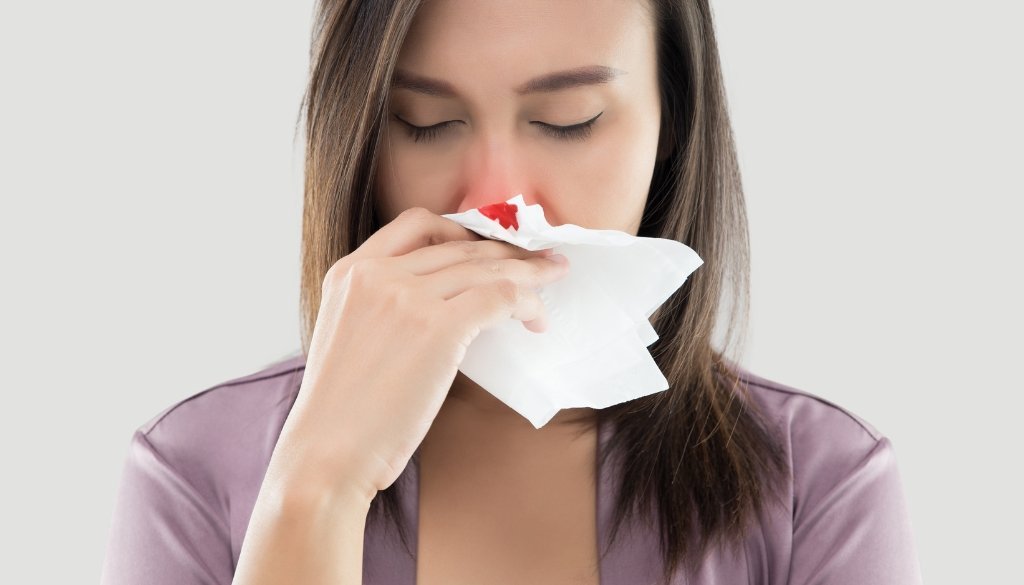
Why Year-Round Control is Important
Unlike seasonal hay fever, which flares up during spring or autumn, perennial rhinitis can persist throughout the year. Common indoor triggers, such as dust mites, air conditioning, perfumes, and smoke, often exacerbate the condition.
If left untreated, allergic rhinitis can:
- Disrupt sleep and daily productivity
- Increase the risk of sinus infections
- Trigger or worsen asthma symptoms
- Lead to ongoing dependence on over-the-counter decongestants
That’s why timely and professional treatment for allergic rhinitisis essential.
Diagnosing Allergic Rhinitis
Effective treatment begins with a precise diagnosis. At Lifeline Clinic Rolla, ENT specialists and allergy doctors perform a thorough evaluation that may include:
- Comprehensive medical history: Assessing triggers, frequency and severity of symptoms
- Physical examination: Assessment of the nasal passages, throat and lungs
- Allergy testing: Identification of specific allergens with skin prick or blood tests
Correct identification of triggers is essential for developing an individualized rhinitis treatment plan to obtain long-standing relief.
Allergic Rhinitis Treatment Options
Management of allergic rhinitis in a stepwise approach involves considering not only symptom management but also long-term prevention.
1. Allergen Avoidance
The first step in managing rhinitis is to reduce exposure to the triggers:
- Keep your windows closed when pollen concentrations are high.
- First, getting rid of dust mites means washing all bedding in hot water.
- Using high-efficiency particulate air (HEPA) filters can help improve the air quality in your home.
- Avoid strong odors, perfume, and smoking.
2. Medications
To treat allergic rhinitis, your doctor may recommend a combination of the following medications:
- Antihistamines: Minimise sneezing and itching.
- Intranasal corticosteroid sprays: An effective medication for controlling inflammation.
- Decongestants: Can provide temporary relief for a blocked nose.
- Leukotriene modifiers Are Helpful in cases of allergic rhinobronchitis.
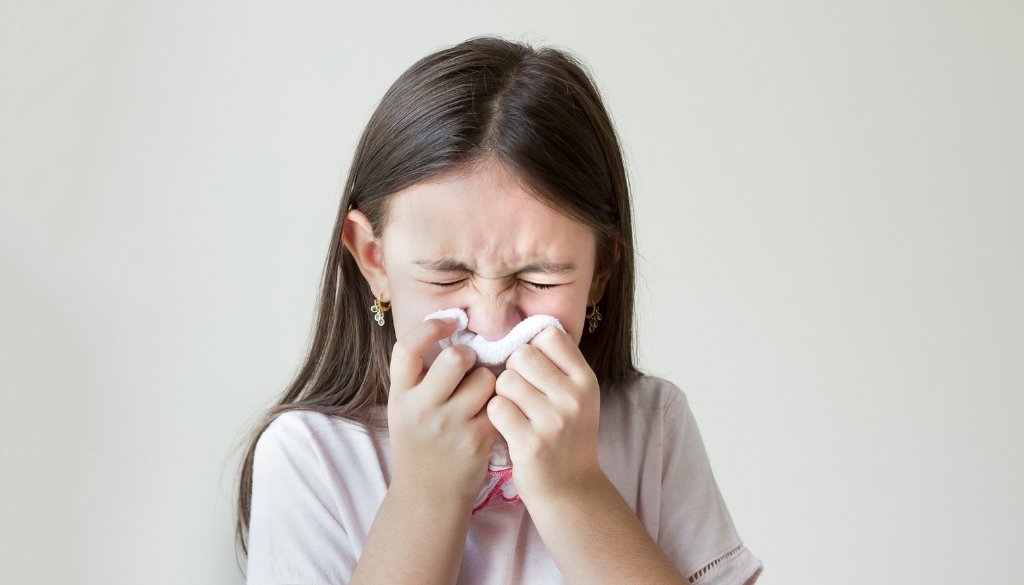
3. Immunotherapy
In cases of patients with severe or persistent symptomatology, allergen immunotherapy (sometimes referred to as allergy shots or sublingual tablets) may be considered. This type of rhinitis therapy may desensitize the immune system to allergens in the longer term.
4. Lifestyle & Home Remedies
- To alleviate allergies, rinse your nasal passages with a saline solution or spray.
- Stay hydrated to thin mucus.
- Keep your home clean and free of dust.
- To support the immune system, eat a varied diet rich in vitamins.
How Do You Manage Chronic Rhinitis?
Allergic rhinitis can often feel like it never stops when it’s present. Experiencing chronic nasal congestion or sneezing throughout the day can lead to general irritation and fatigue. Managing chronic conditions long-term involves the following:
- Regular check-ups to adjust medications.
- Combination therapy (antihistamines + steroid sprays).
- Treatment for related conditions like sinusitis or asthma.
- Guidance on lifestyle modifications tailored to each patient.
With consistent care, even patients with chronic rhinitis can achieve a noticeable reduction in symptoms.
When to See a Doctor
You should consult a specialist if you experience:
- Nasal congestion that disrupts sleep
- Symptoms that persist beyond a few weeks
- Hay fever allergies that impact your daily life
- Symptoms of allergic rhinobronchitis, including wheezing or trouble breathing
Visiting at the right time ensures you’ll get the correct rhinitis treatment for Sharjah without lengthy wait times.

Lifeline Clinic Rolla: Your Partner in Allergy Care
At Lifeline Clinic Rolla, our staff offers complete care for allergic rhinitis, individualised specifically for a patient’s allergic rhinitis condition. From diagnosis to treatment of allergic rhinitis, we promise to continue to provide all patients with thorough, compassionate and effective care.
Whether you are struggling with chronic rhinitis, seasonal hay fever allergies, or complications like allergic rhinobronchitis, our ENT and allergy specialists are here to help you breathe freely again.
Conclusion
Allergic rhinitis can feel relentless, but with appropriate medical therapies, avoidance or environmental strategies, and lifestyle modifications, allergic rhinitis can be managed successfully, year-round. When triggers are identified early, patients can seek a referral to an allergist and follow a stepwise approach to rhinitis therapy for optimal results and quality of life.
If you’re looking for professional advice and trusted rhinitis treatment in Sharjah, check out Lifeline Clinic Rolla today. Our doctors are committed to providing the best treatment for allergic rhinitis so you can say goodbye to sneezing, congestion, and discomfort.

